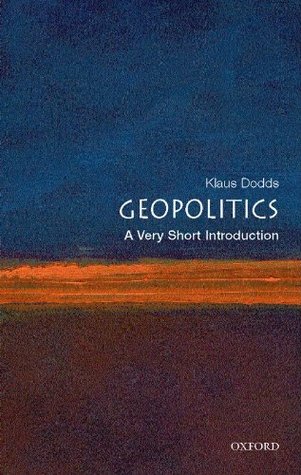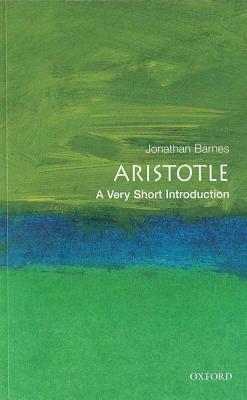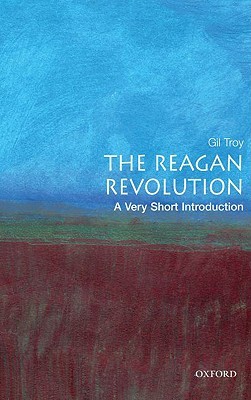The processes in a single living cell are akin to that of a city teeming with molecular inhabitants that move, communicate, cooperate, and compete. This book explores the role of the molecule in and around us, and how this molecular dynamism is...
Формат:
только полные версии
Perhaps nowhere else has literature been as conscious a collective endeavor as in China, and China's survival over three thousand years may owe more to its literary traditions than to its political history. This Very Short Introduction tells the...
In places such as Iraq or Lebanon, moving a few feet on either side of a territorial boundary can be a matter of life or death, dramatically highlighting the connections between geography and politics. This Very Short Introduction illuminates the...
Ancient Warfare: A Very Short Introduction [Oxford University Press,...
This book explores the lands of the ancient Near East from around 3200 BCE to 539 BCE. The earth-shaking changes that marked this era include such fundamental inventions as the wheel and the plow and intellectual feats such as the inventions of...
The influence of Aristotle, the prince of philosophers, on the intellectual history of the West is second to none. In this book, Jonathan Barnes examines Aristotle's scientific researches, his discoveries in logic and his metaphysical theories, his...
Thomas Aquinas is one of the giants of medieval philosophy, a thinker who had--and who still has--a profound influence on Western thought. Aquinas was a controversial figure in his time who was often engaged in fierce theological debates. He was the...
Who or what is God? How do different religions interpret God's existence? How can we know God?
Many people believe in God; not just throughout history but also in the present day. But who or what is it they believe in? Many different and sometimes...
In the late 1950s and early 1960s, the writers of the Beat Generation revolutionized American literature with their iconoclastic approach to language and their angry assault on the conformity and conservatism of postwar society. They and their...
"They called it the Reagan revolution," Ronald Reagan noted in his Farewell Address. "Well, I'll accept that, but for me it always seemed more like the great rediscovery, a rediscovery of our values and our common sense."
Nearly two decades after...
![Molecules [A Very Short Introduction]](https://www.rulit.me/data/programs/images/molecules-a-very-short-introduction_567734.jpg)


![Ancient Warfare: A Very Short Introduction [Oxford University Press, 2005]](https://www.rulit.me/kotha/images/nocover.jpg)
![The Ancient Near East [A Very Short Introduction]](https://www.rulit.me/data/programs/images/the-ancient-near-east-a-very-short-introduction_475837.jpg)




